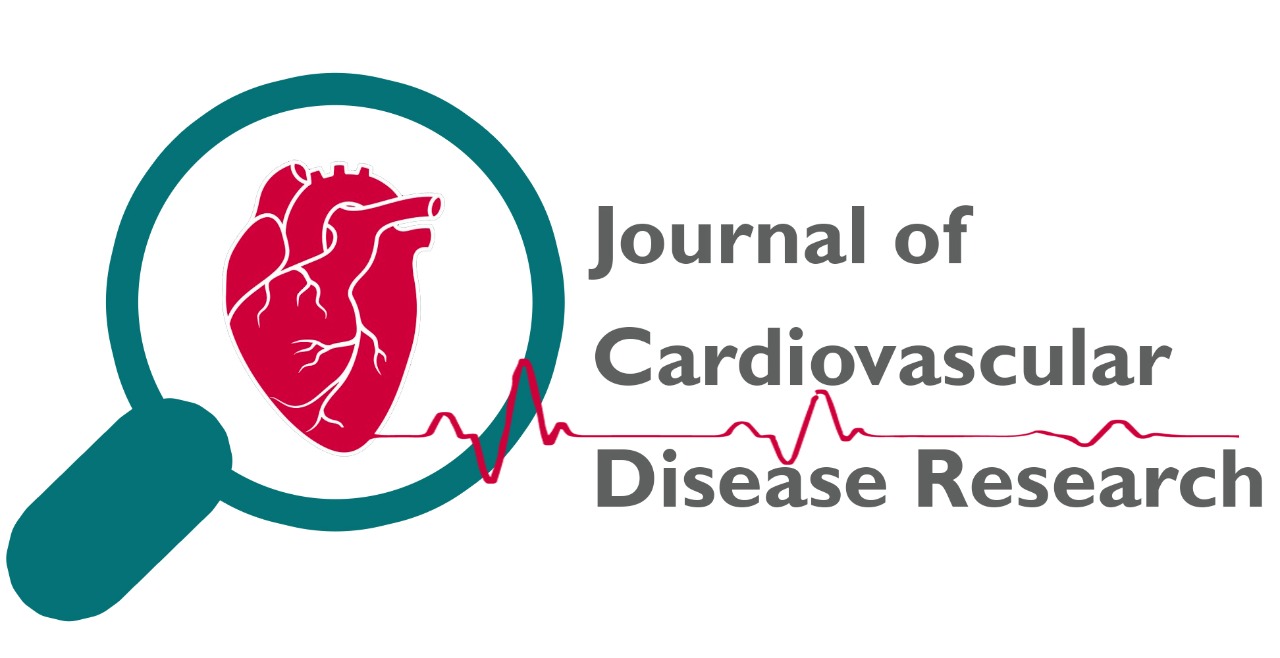
Clinical and etiological profile of patients with upper gastrointestinal bleeding admitted in a tertiary hospital at present scenario
Bipin Kishore Kullu, Prafulla Kumar Bariha, Butungeshswar Pradhan, Bijay Ketan Das
JCDR. 2023: 1764-1770
Abstract
The authors declare that they have no conflicts of interest. Background: Upper gastrointestinal bleeding (UGIB) is a common gastrointestinal (GI) emergency, and mortality rates have been reported to represent a serious and life-threatening condition despite advances in diagnosis and treatment. Aim: the present study aimed to determine the clinical and etiological profiles of patients with UGIB. Materials & methods: Department of General Medicine, VIMSAR, Burla,November 2019–October 2021. This is a cross-sectional study. Patients presenting with upper GI bleeding (hematemesis, melena, or both). After obtaining ethical committee approval and written informed consent from patients or their caretakers, we included patients with upper GI bleeding. Results: Of the enrolled population, more than half were male. The mean age of the patients was 42.5 ± 15.29 years. The majority of the participants were from rural area. More than half of the enrolled study population were alcoholic, 13.1% were smokers and 13 % being both smokers and alcoholics. NSAIDS was associated with 12% of cases and was associated with isolated UGI lesions. Erosive gastritis and antral gastritis being the most common. The most common cause of upper GI bleed was isolated GI lesion (peptic ulcer disease) with antral ulcer being the most common cause. The second most cause was that of cirrhosis of liver with oesophageal varices being the most common contributor. CKD with features of UGI bleed had uremic gastritis with most having antral gastritis and erosive gastritis. Infection with sepsis and acute liver failure also contributes to upper GI bleed with high mortality rates. Other less common causes of upper GI bleeding are GI malignancies, hematological conditions, and pancreatitis. Melena was the most common presentation and hematemesis being the second most common presentation with more than 2/3rd patients presenting with combined melena and hematemesis. Conclusion: The emergency of UGI endoscopy to diagnose and cure UGIB necessitates prompt treatment. Unfortunately, many parts of our country and state lack this technology, causing enormous sickness and death. Thus, this issue must be resolved to enhance UGIB patients outcomes
Description
Volume & Issue
Volume 14 Issue 8
Keywords
|
This is an open access journal which means that all content is freely available without charge to the user or his/her institution. Users are allowed to read, download, copy, distribute, print, search, or link to the full texts of the articles in this journal without asking prior permission from the publisher or the author. This is in accordance with the Budapest Open Access Initiative (BOAI) definition of open access.
The articles in Journal of Cardiovascular Disease Research are open access articles licensed under the terms of the Creative Commons Attribution Non-Commercial License (http://creativecommons.org/licenses/by-nc-sa/3.0/) which permits unrestricted, non-commercial use, distribution and reproduction in any medium, provided the work is properly cited. |
|
|
|
|
|
Copyright � 2022 Journal of Cardiovascular Disease Research All Rights Reserved. Subject to change without notice from or liability to Journal of Cardiovascular Disease Research.
For best results, please use Internet Explorer or Google Chrome POLICIES & JOURNAL LINKS
Author Login
Reviewer Login About Publisher Advertising Policy Author's Rights and Obligations Conflict of Interest Policy Copyright Information Digital Archiving & Preservation Policies Editorial Policies Peer Review Policy Editorial & Peer Review Process License Information Plagiarism Policy Privacy Policy Protection of Research Participants (Statement On Human And Animal Rights) Publication Ethics and Publication Malpractice Statement Corrections, Retractions & Expressions of Concern Self-Archiving Policies Statement of Informed Consent Terms of Use |
Contact InformationJournal of cardiovascular Disease Research,
|




